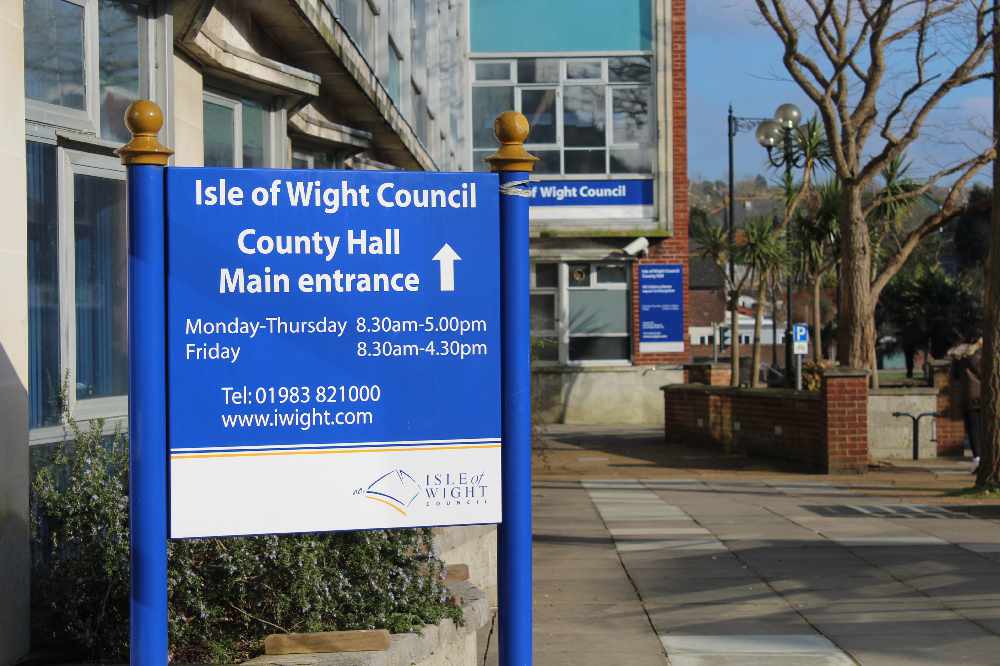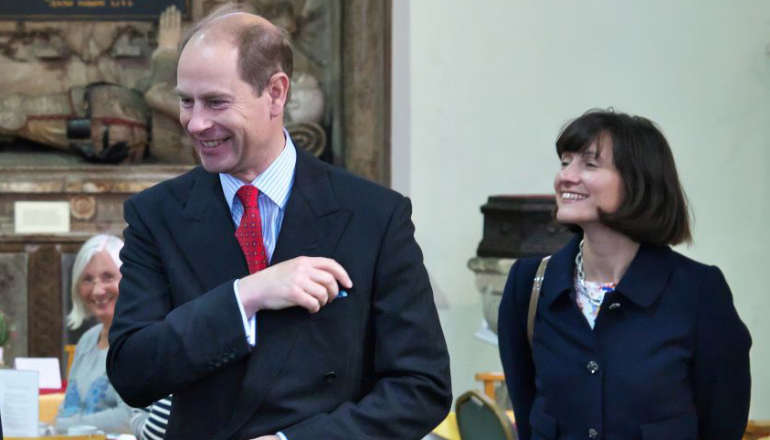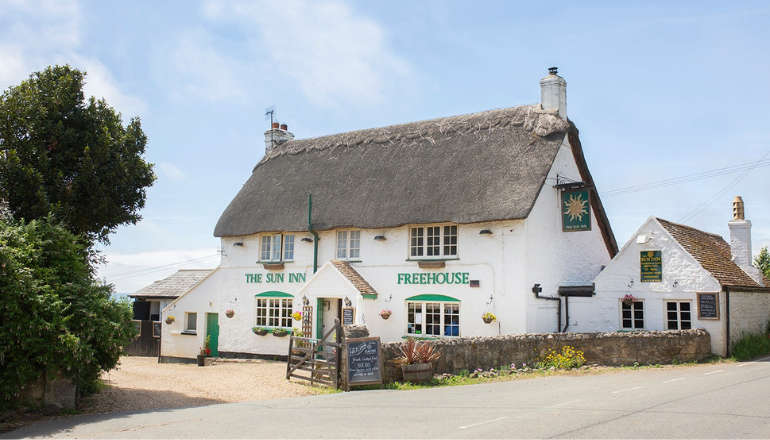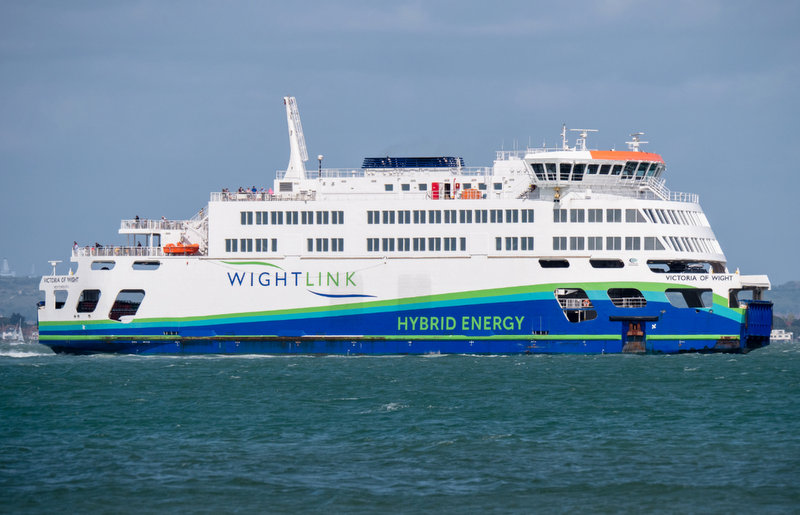
The coronavirus pandemic has left the Isle of Wight Council with a forecasted £10 million black hole in its budget.
The local authority says its financial position, as a consequence of the outbreak, is “serious” and it has announced plans to dip into “earmarked” reserves.
According to an internal report released today (Monday), the council has forecast a shortfall of £9.8 million – even after it secured £9 million in emergency funding from the Government.
The council says loss of income, from things such as rent payments, car parks and use of leisure centres, has cost it £8 million. It says a staggering £3.2m of that figure is from car park charges alone.
The council has also recorded a predicted shortfall of £2.3 million in Council Tax and Business Rates payments, however it is not expecting any further help from central Government.
The report states:
“It remains unclear whether there will be further funding allocated from central
government to help meet the £9.8m shortfall.“The Secretary of State however has made it clear that councils should not expect government to meet any shortfall that council’s experience, especially for spending that is not explicitly in alignment with the government’s policy and guidance relating to the emergency.”
The Isle of Wight Council says it is in the process of developing a “deficit recovery strategy” which will allow it to continue to operate “without the need to consider emergency spending controls and service reductions.”
Council Leader Councillor Dave Stewart said:
“Like councils all over the country, the coronavirus has left us with some big financial challenges.
“This report shows that we are making sensible preparations to face them. I have already raised the council’s financial position in a recent meeting with the Minister for Local Government.
“Our track record of responsible strong financial management has meant that today we are in a far better position to weather this storm than we would have been in the past.”
The local authority says it is confident its emergency strategy will be sufficient to identify savings of £9.8m.
It says it plans on using some “earmarked reserves” – previously set aside for risks that have subsided and to fund transformation activities.
The strategy also involved using some of the council’s corporate contingency and placing some previously approved spending plans “on hold”.

 Royal Duke To Visit As Newport Minster Reopens
Royal Duke To Visit As Newport Minster Reopens
 Isle Of Wight Council To Support 'No Mow May' 2024
Isle Of Wight Council To Support 'No Mow May' 2024
 English Coastal Path Complication Amid Osborne House Queen Victoria Collection Fears
English Coastal Path Complication Amid Osborne House Queen Victoria Collection Fears
 Seaview Pub Picks Up National Award
Seaview Pub Picks Up National Award
 Isle Of Wight Radio Child Of Wight Awards 2024 Nominations Now Open
Isle Of Wight Radio Child Of Wight Awards 2024 Nominations Now Open
 Fire Service Issues Water Safety And Mud Rescue Advice For Isle Of Wight
Fire Service Issues Water Safety And Mud Rescue Advice For Isle Of Wight
 New Online Cancer Support For Local Residents
New Online Cancer Support For Local Residents
 Specialist Monitoring Equipment Now Installed At Leeson Road
Specialist Monitoring Equipment Now Installed At Leeson Road
 West Wight Runner Jackie Follows PB Marathon Run With Eastenders Appearance
West Wight Runner Jackie Follows PB Marathon Run With Eastenders Appearance
 West Wight Pub Can Now Be Listed As 'Asset Of Community Value'
West Wight Pub Can Now Be Listed As 'Asset Of Community Value'
 Royal Navy 'Bomb Squad' Called To Seaview Following Ordnance Alert
Royal Navy 'Bomb Squad' Called To Seaview Following Ordnance Alert
 Automated Gates Arrive On Wightlink’s FastCat Foot Passenger Route
Automated Gates Arrive On Wightlink’s FastCat Foot Passenger Route
 Help Keep Isle Of Wight Streets Neat – Bring Your Bin In
Help Keep Isle Of Wight Streets Neat – Bring Your Bin In
 Two Passengers Injured Following Bus Crash In Ryde
Two Passengers Injured Following Bus Crash In Ryde
 Late Night Reports Of Collision Spark Extensive Land, Sea And Air Search
Late Night Reports Of Collision Spark Extensive Land, Sea And Air Search
 Islanders Taking On London Marathon Today For Local Charities
Islanders Taking On London Marathon Today For Local Charities
 Four Men Arrested Following Rogue Trader Activities In East Cowes
Four Men Arrested Following Rogue Trader Activities In East Cowes
 Rugby Players Set To Scale Great Heights For Teddy
Rugby Players Set To Scale Great Heights For Teddy
 Drug Driving, Domestic Abuse And Stalking Among Arrests Made As Police Target Isle Of Wight Criminals
Drug Driving, Domestic Abuse And Stalking Among Arrests Made As Police Target Isle Of Wight Criminals
 Work Begins On ‘Monumental’ Mural Project At Historic Columbine Building
Work Begins On ‘Monumental’ Mural Project At Historic Columbine Building


